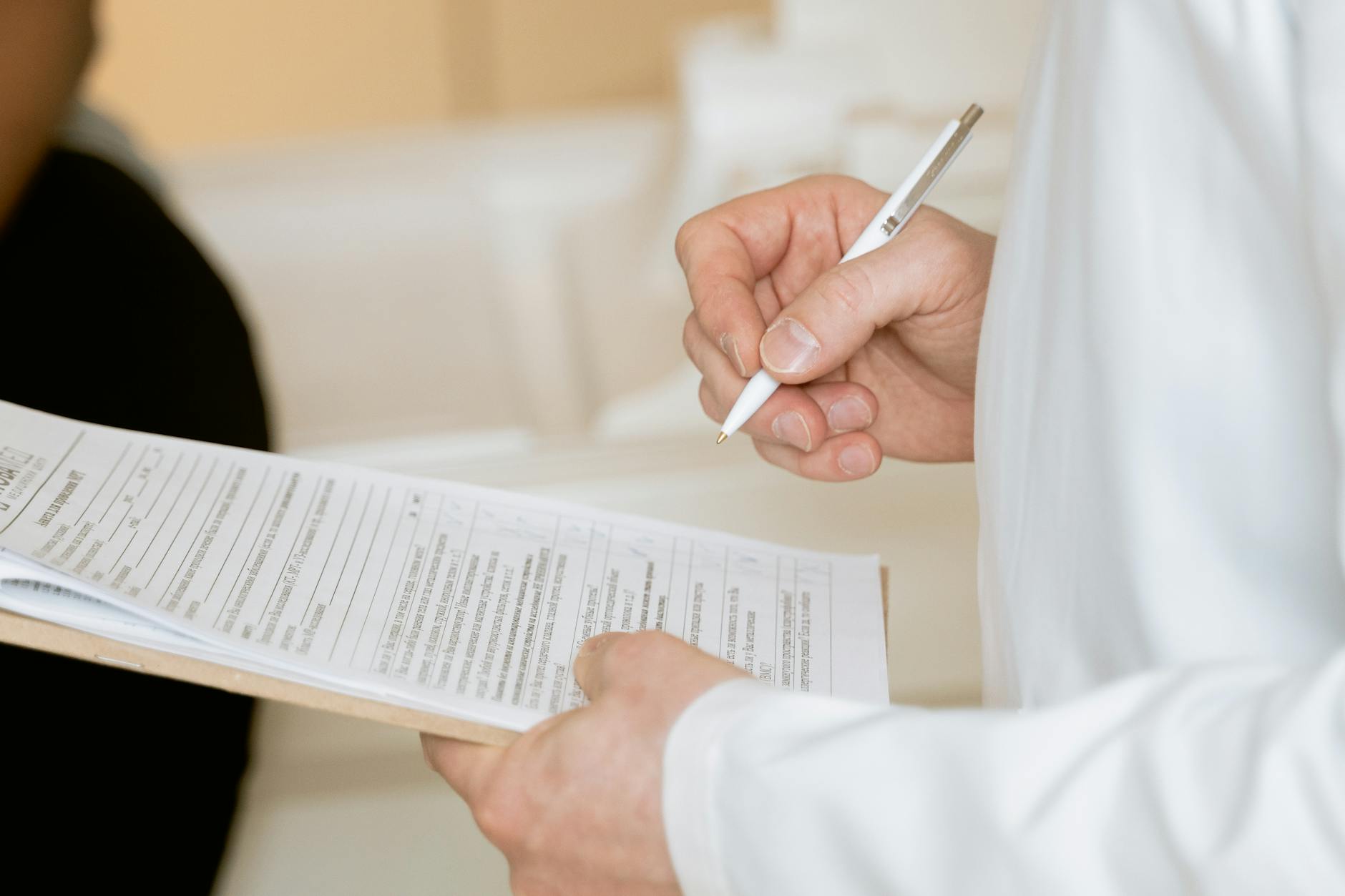Dealing with SIBO Bloating: An Unseen Culprit Behind Your Discomfort
Do you frequently feel bloated and uncomfortable, yet can’t seem to pinpoint the cause? It’s possible that you’re dealing with a condition called SIBO bloating. SIBO, or Small Intestinal Bacterial Overgrowth, is a condition where the bacteria in your gut are out of balance, leading to discomfort and bloating. Let’s delve into this condition and discover how you can deal with it effectively.

What is SIBO Bloating?
Understanding SIBO
SIBO, or Small Intestinal Bacterial Overgrowth, is a medical condition characterized by an abnormal increase in the bacteria present in the small intestine. Normally, these bacteria aid digestion, but when they grow excessively, they can lead to various symptoms such as bloating, gas, diarrhea, and even weight loss.
Bloating as a Symptom
One of the most common symptoms of SIBO is bloating. This happens because the excess bacteria in your gut produce gases as they break down food. This gas gets trapped in your digestive system, causing your stomach to swell and feel uncomfortably full or tight—a condition commonly referred to as bloating.

The Causes of SIBO Bloating
Medical Conditions
Certain medical conditions can predispose you to SIBO bloating. Conditions that slow down the movement of food and waste in your digestive system or disrupt your gut’s normal flora can lead to bacterial overgrowth. These include diabetes, scleroderma, and certain surgeries.
Dietary Factors
What you eat can also contribute to SIBO bloating. A diet high in sugar and carbohydrates can feed the bacteria in your gut, leading to overgrowth. Alcohol can also alter your gut flora and impair your gut’s ability to move food and waste along, increasing your risk of SIBO.
Diagnosing SIBO Bloating
Breath Tests
One of the most common ways to diagnose SIBO is through a breath test. This test measures the gases produced by bacteria in your gut. If the levels are abnormally high, it could indicate bacterial overgrowth.
Endoscopy
In some cases, a doctor may recommend an endoscopy. This procedure involves inserting a small tube with a camera into your digestive system to visually inspect it and potentially take tissue samples for further testing.

Treatment Options for SIBO Bloating
Medication
If you’re diagnosed with SIBO, your doctor might prescribe antibiotics to reduce the bacterial overgrowth. However, since this can also kill beneficial bacteria, probiotics might be recommended to restore balance in your gut flora.
Dietary Changes
Making changes to your diet can also help manage SIBO bloating. A diet low in sugar and carbohydrates can starve the bacteria, reducing their numbers. Additionally, certain foods like ginger or peppermint may help reduce bloating.
FAQs about SIBO Bloating
Can SIBO cause weight gain?
While SIBO can cause bloating, it doesn’t typically lead to weight gain. In fact, some people with SIBO may lose weight due to malabsorption of nutrients.
How long does it take to treat SIBO?
The length of treatment can vary depending on the severity of the condition and how well your body responds to treatment. It can range from a few weeks to several months.
Can SIBO be cured permanently?
SIBO can be effectively managed with medication and dietary changes, but it can recur. Regular check-ups with your doctor are necessary for effective long-term management.
Conclusion
SIBO bloating can be an uncomfortable and frustrating condition, but understanding it is the first step towards managing it effectively. If you’re experiencing persistent bloating and other digestive issues, don’t hesitate to consult your doctor. Remember, you’re not alone in this journey, and there are effective treatments available that can help you regain control over your digestive health.
References
- Small intestinal bacterial overgrowth (SIBO) – Symptoms and causes (Mayo Clinic, 2021)
- Why Am I Bloated? 11 Reasons for Belly Bloat (WebMD)
- SIBO Diet: Benefits, What to Eat, and Side Effects (Healthline)
- Small Intestinal Bacterial Overgrowth (SIBO): Management and Treatment (Cleveland Clinic)






